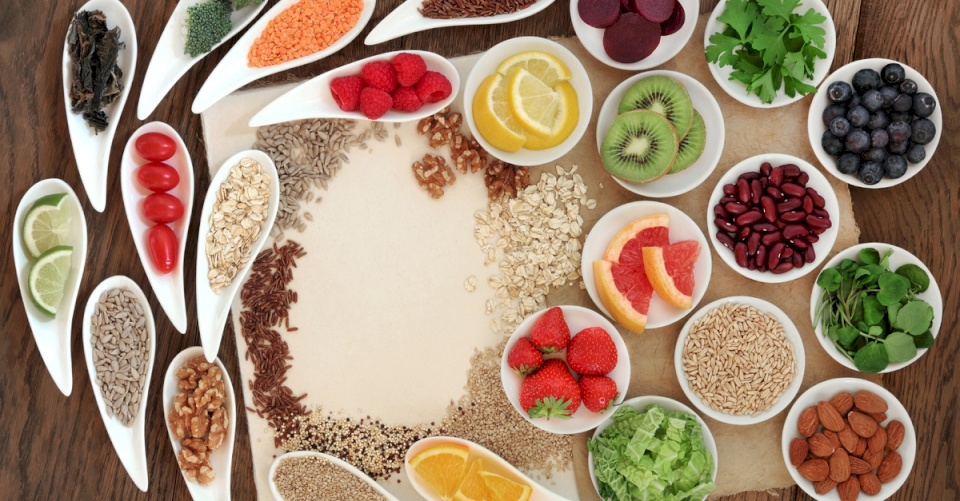
What Happens to Your Body When You Add Fiber to Your Diet?
SadaNews - Dietary fiber aids digestion, helps maintain heart health, and regulates blood sugar levels, yet most adults do not get enough of it, according to the health site "Verywell Health."
Both soluble and insoluble fibers play an important role in maintaining your health. So, what happens to your body when you add fiber to your diet?
Improving Digestion
Dietary fiber is closely linked to digestion, especially in preventing and relieving constipation. Fiber affects digestion in various ways, depending on its type.
Soluble fiber forms a gel-like substance that binds with water, helping to soften stool and increase its bulk. Insoluble fiber slightly irritates the intestinal lining, stimulating the secretion of water and mucus, which encourages bowel movements.
Some types of fiber can act as "probiotics" (good bacteria), helping to increase water in the intestines and make stool softer and easier to pass. The fibers found in whole fruits and vegetables (including their skins) and grains have been shown to be particularly beneficial.
Reducing Inflammation
A study conducted on older adults found that grain fibers, in particular, were associated with lower levels of various inflammation markers compared to those found in fruits and vegetables.
Increased inflammation can raise the risk of certain health conditions, such as cardiovascular diseases and cancer. More research is needed to determine the role that dietary fiber may play in reducing inflammation and preventing related conditions.
Reducing the Risk of Heart Disease
Research has found a link between high intake of dietary fiber, particularly grain fiber, and a lower risk of heart disease. Beneficial grains include the following: oats, brown rice, buckwheat, and barley.
An analysis of 67 clinical trials found that soluble dietary fiber has a slight positive effect on lowering cholesterol. Another study found that a fiber-rich diet may help improve blood pressure in individuals with hypertension.
Maintaining Blood Sugar Levels
Fiber can help keep blood sugar levels low. The body cannot digest or absorb fiber, so it does not cause the blood sugar spikes associated with other carbohydrates.
Fiber also helps delay the absorption of sugars from the intestines into the bloodstream, reducing the likelihood of insulin spikes. It may also help protect against weight gain, which is a contributing factor to type 2 diabetes.
Reducing Cancer Risk
A study that included more than 90,000 premenopausal women found a 25 percent reduction in breast cancer risk among women who consume a fiber-rich diet.
An analysis of 17 cohort studies yielded similar results, with fiber shown to protect against breast cancer before and after menopause. There is also a link between a fiber-rich diet and a lower risk of benign breast diseases.
Studies have also shown that fiber may provide some protection against colorectal cancer.
Reducing All-Cause Mortality
Research has found a 15 to 16 percent reduction in the risk of death from all causes among individuals who consume high amounts of fiber compared to those who do not.
Sources of Dietary Fiber
Foods that contain dietary fiber include:
Fruits and vegetables, such as: apples, blueberries, pears, and leafy greens, whole grains and foods made from whole grain ingredients, legumes, and nuts.

Scientists Attempt to "Intercept Cancer" Before Its Formation.. Know the Details

American Fact-Checking Platform Exposes Trump's Exaggerations in State of the Union Addres...

How Mourinho Deceived Everyone and Watched the Match Between Real Madrid and Benfica from...

Fat Loss Improves Blood Pressure and Supports Immunity

Galaxy S26 Armed with a Smart Feature to Combat the Most Dangerous Threats to Smartphones

Discovery of Microplastic Particles in 90% of Prostate Cancer Cases

Artificial Intelligence Diagnoses Children's Brain Tumors with 92% Accuracy Without Surger...

